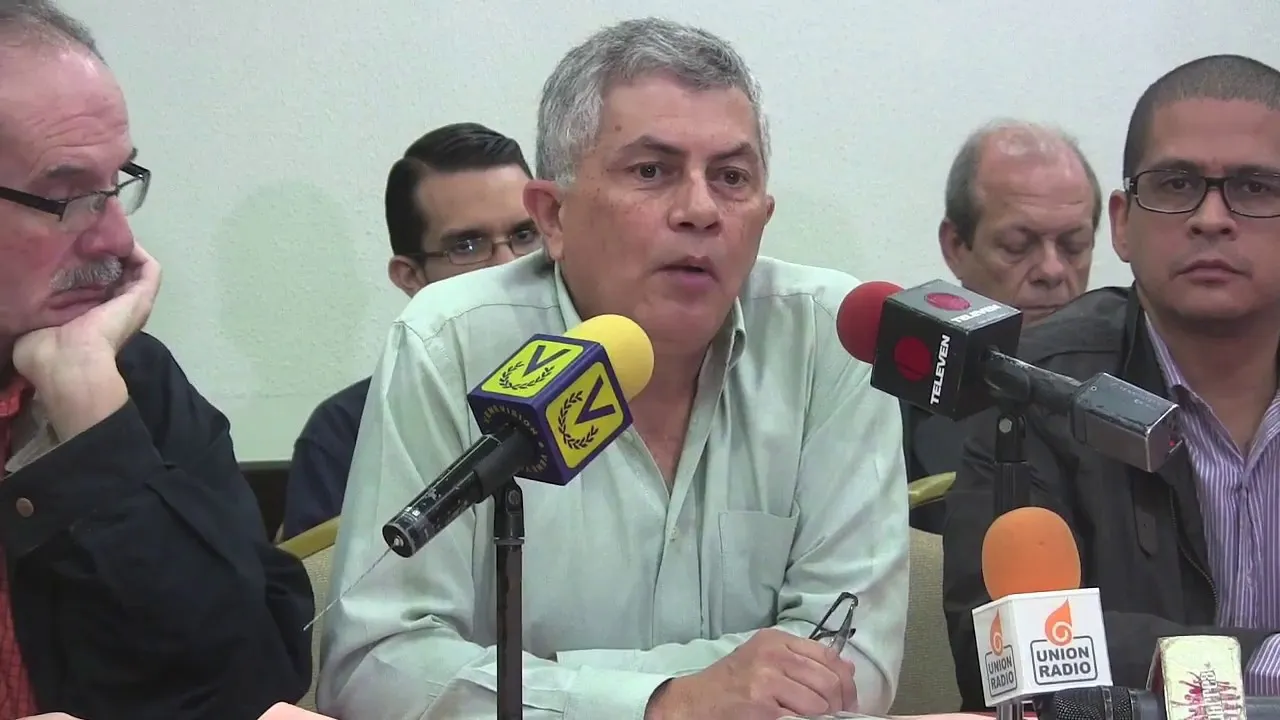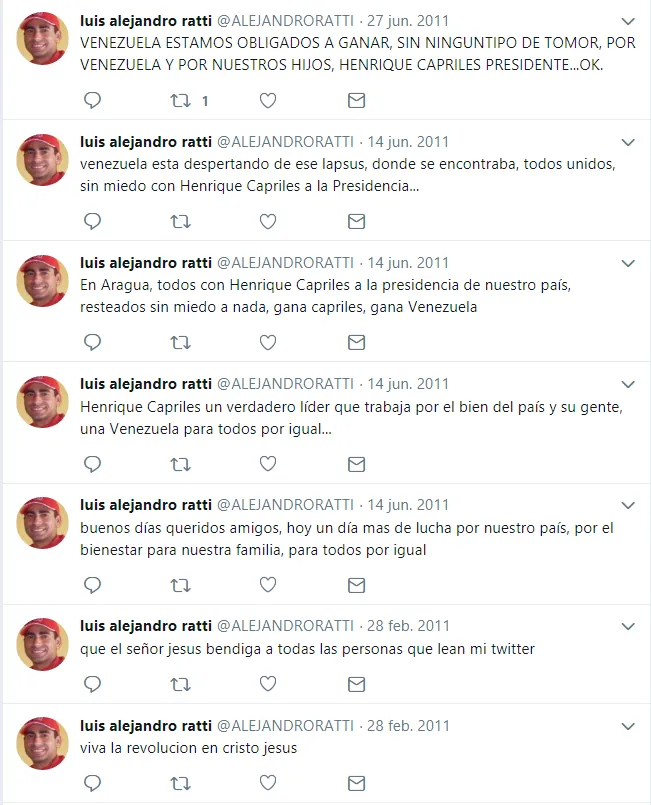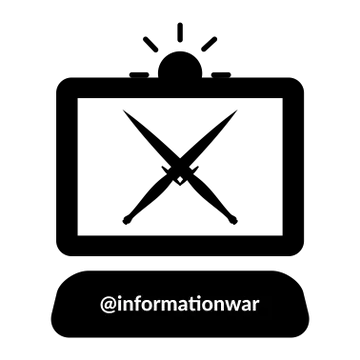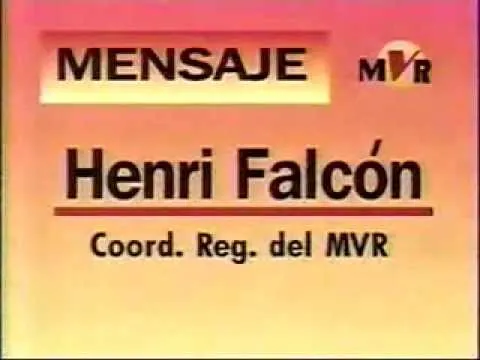As it is already known, May 20th is the day scheduled by the National Electoral Council for the presidential elections that will set the destinies of Venezuela during the period 2019-2025. These elections are marked by accusations of illegality by the international community, because they were convoked by the National Constituent Assembly, [rejected by governments of more than 50 countries in the world] (http: //www.el-nacional .com / news / columnist / ignorance-international_223385), highlighting the Lima Group; 14 countries of America that advocate a peaceful, democratic resolution with real electoral guarantees in our country.
The MUD (Democratic Unity Board) electoral alliance opposed to Maduro regime decided not to participate in the presidential elections. This fact was already evidenced as such since [an agreement was not reached in the dialogue taks between the government and them, in the Dominican Republic at the beginning of February 2018] (http://www.elnuevoherald.com/noticias/mundo/america-latina/venezuela -es / article198784264.html). Such a decision, coupled with the lack of credibility in front of his followers for their many failures in leading the opposition agenda, diluted the ability to lead a significant number of Venezuelans who want a change in their country.

(Source)
Under these events, at the end of February, four candidates "of opposition" were registered, apart from Nicolás Maduro, which I will describe according to what I have collected from them. It should be noted that the videos and texts that I will share below are from some years ago, when their pretensions to get elected to gain political power did not change their discourse:
Reinaldo Quijada

(source)
Our revolutionary process is Marxist! This is what President Chávez has just pointed out. A socialist revolution has to be, inevitably, Marxist. It can also be Christian and Bolivarian, and other things, but what can not stop being, if it is authentically socialist, is Marxist. Marxism wakes up every 100 years, when the people awaken, we could say, paraphrasing Neruda's famous phrase, about Bolívar. And it must be reinvented every 100 years, when the clamor of inequalities arises ... One could discuss the political convenience of having defined it as Marxist. We would have to ask ourselves if our town is prepared for that march.
He is a Marxist ... - Reinaldo Quijada (source)
Venezuelan engineer, born in Switzerland being the son of [Manuel Quijada] (https://www.noticias24carabobo.com/murio-ex-embajador-manuel-quijada-quien-participo/) in 1959, he supported Hugo Chávez since his coup attempt of 1992. Of middle class, it promoted the socialist ideas during the years between the coup until years after the assumption of Chávez in the power. He was part of the United Socialist Party of Venezuela from 2008 to 2013, thus separating himself from Nicolás Maduro and forming the Movimiento Unidad Popular 89 movement, of which he is nominated as presidential candidate.
Luis Alejandro Ratti

(source)
Born in 1978, he was youth leader of the Movimiento al Socialismo party (MAS), youth leader of the PODEMOS party, and national president of the Bolivarian National Front Hugo Chávez, attached to the United Socialist Party of Venezuela, disengaging from this in 2016, by causes that are unknown. He is currently running for president on his own initiative.
He denies being a Chávez supporter, or an opposition supporter. Well, look at his two twitter accounts in 2011 and in 2013:

First, he was supporting opposition candidate Henrique Capriles Radonski as a candidate for president.
Then, a year and a half later he created another Twitter account praising Hugo Chávez:

So, we don't really know what he stands for.
Javier Bertucci

When he nominated himself as a presidential candidate.
Religious populism kneels the idea that, faced with a disastrous reality, full of precariousness and suffering, a messiah should emerge, capable of embodying and executing a celestial, transhistorical mandate that returns the people to the earthly paradise. Chavez squeezed this argument until the end of his days. For Chávez, getting sacred was a way of doing politics. He referred to himself as an instrument of the people, of God. Bertucci now wants to take that witness that Maduro has been unable to hold in his hands because of his lack of charisma.
[* Venezuela: between a dictator and a preacher *] (https://www.nytimes.com/en/2018/02/26/opinion-barrera-tyszka-venezuela-bertucci-maduro/) - New York Times, 26 / 02/2018
I never had the opportunity to meet him or to share anything with him, let alone cooperate with his initiatives. Some coincidence and affinity we had, because with my Christian faith we always serve the most needy. And well, if in some speeches I heard the former President (Hugo) Chávez talking about his concern for the needy, maybe we agree on that in the form of thoughts. But only in that, in nothing else.
Javier Bertucci, about Hugo Chávez. - ([Source] (http://www.latercera.com/mundo/noticia/javier-bertucci-candidato-venezolano-no-lo-conoci-alguna-afinidad-tuve-hugo-chavez/79132/))
Evangelical pastor born in 1969, Javier Bertucci directs the Maranatha Christian Church in Venezuela. He is director of the "El Evangelio Cambia" movement, of which he reports that he has 100,000 volunteers. It carries out through this movement [great works of social and charitable nature] (http://www.maranathavenezuela.com/tag/el-evangelio-cambia/). He is also a philanthropist and successful entrepreneur. Some question his credibility because of two episodes in particular: [His detention in 2010, for accusations of smuggling diesel through his transport company] (http://panamapapersvenezuela.com/bertucci-pastor-predica-como -importador /), and its [appearance in the scandal of the Panama papers in 2016] (http://efectococuyo.com/politica/pastor-javier-bertucci-asegura-no-tener-nada-que-esconder- Papers of Panama). Bertucci ignores or denies such accusations.
** Henri Falcón **
Year 1999: This was how Henri Falcón began to be known in politics, as a candidate for representative in the National Constituent Assembly as a Hugo Chávez Supporter.
Year 2009, 10 years later:

He denominates himself as a light chavista, that supports Chávez, but not his extremist positions.
Retired military officer born in 1961, graduated in Law and with a postgraduate degree in Political Sciences, Henri Falcón formed part of the Revolutionary Bolivarian Movement 200 (MBR-200) and then joined the V Republic Movement in 1997. He participated as a deputy in the National Constituent Assembly that drafted the 1999 constitution. After being elected mayor of the city of Barquisimeto, then as governor of Lara, due to differences between him and the former governor of Lara Luis Reyes Reyes, he was expelled from the United Socialist Party of Venezuela in 2009. Even so, Falcón stated that he would always support Hugo Chávez:
From there, his light position allowed him to combine part of the dissident Chavism and make up the Advanced Progressive party. His low profile position (being a governor with high popularity in his state, he refused to run for the presidential candidacy in 2012) made him become the 2013 Campaign Leader of Henrique Capriles Radonski, who was presidential candidate against Nicolás Maduro, the last being the "winner" of said elections.
Being his party part of the alliance of the Democratic Unity Board, he deviates from his line of not participating in the elections and is running with the support of his Advanced Progressive party, the Movimiento al Socialismo (MAS), and the COPEI party, which has been intervened since 2015 by order of the Supreme Court of Justice (TSJ), with a pro-government directive.
In conclusion:
- 3 of the 4 "opposition" candidates clearly have an ideological position similar to that of Hugo Chávez.
- At least one (Bertucci) has been involved in accusations of a criminal and tax nature.
- Everyone signed the agreement on respect for the results of the elections, when most of the International community rejects the event as bogus.
I remembered a video from many years ago, where Arturo Uslar Pietri, a Venezuelan historian is interviewed. He talked about how political parties use elections to obtain funds to support these organizations, without even caring electoral triumphs, but the distribution of power quotas and the return of favors to financiers. That is exactly happening here in Venezuela, with this bogus elections that are putting the country in the risk of a dictatorship getting worse.
Based on all this, draw your own conclusions.
Under these conditions, is it good to endorse an election in Venezuela?
It is our duty to exercise critical thinking, reach the truth and spread it. If you agree, I invite you to share this post. We are going to warn the Americas of what can happen if we do not have a firm stance against leftist populism in the hemisphere.

The Information War is real.
Join #INFORMATIONWAR in our Discord: https://discord.gg/RsxSGr

